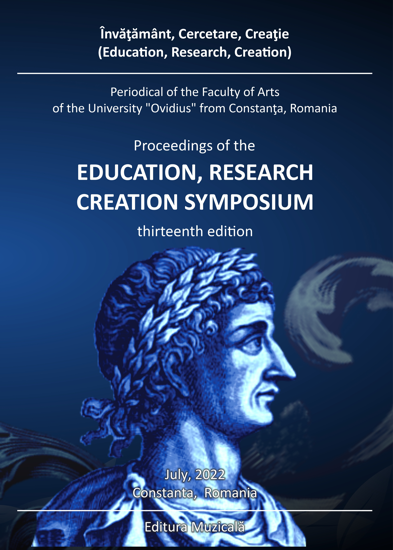Spoken voice and sung voice in Paul Claudel's musical drama
Spoken voice and sung voice in Paul Claudel's musical drama
Author(s): Alina GrigoreSubject(s): Theatre, Dance, Performing Arts, Fine Arts / Performing Arts, Music, French Literature
Published by: Editura Muzicală
Keywords: drama; word; voice; sprechgesang;
Summary/Abstract: Albert Roussel remarks in "Sur l'orientation de la musique moderne", the conference of February 18, 1936, that in the context of a crisis of the opera generated by the socio-cultural and political changes of the time, young composers seek a new theatrical formula that corresponds to the new spirit. This formula is materialized by choreographic performances joined by choirs and soloists (Noces of Igor Stravinsky), performances close to the fair theater (History of the Soldier by Igor Stravinsky on a text by Ramuz) that combines music with dramatic text, oratorios (King David de Arthur Honegger), melodrama (Persephone by Andre Gide and Igor Stravinsky). The combination of different arts for spectacular purposes encourages the diversification of the relationship between drama and music. In this context, the playwright Paul Claudel proposes a new form of musical drama based on a perspective on his dramaturgical conceptions of the text and the performance of musicians such as Darius Milhaud and Arthur Honegger, who took a stand against the model of Wagnerian opera advocating for primacy of the music. The voice, which invests the individual as a sound body and has its own language superimposed on the language of words, is the instrument through which new text-music relationships have been created that have resulted in the birth of the new drama.
Journal: Învăţământ, Cercetare, Creaţie
- Issue Year: VIII/2022
- Issue No: 1
- Page Range: 163-167
- Page Count: 5
- Language: English

